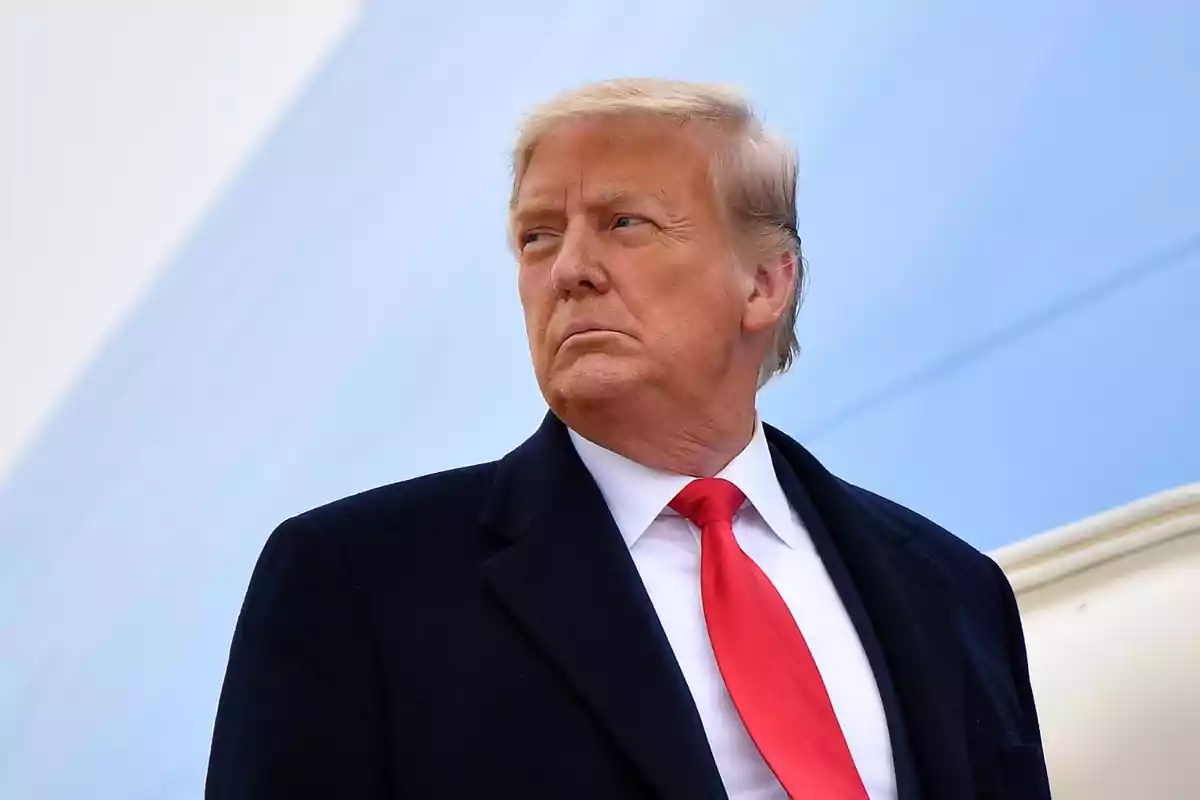
Trump announced a de-escalation in the trade war with China.
The President of the United States announced that tariff pressures will be eased and a more lenient stance will be taken with China
President Donald Trump declared Tuesday that he will not take a "hardline" stance in trade negotiations with China nor mention COVID-19, distancing himself from more aggressive negotiation methods.
In an interview from the Oval Office, Trump indicated that he will not confront Chinese President Xi Jinping, stating: "We're going to be very nice." Although he did not rule out a possible unilateral imposition of trade terms, he stated that "they have to make a deal."
These statements come shortly after Treasury Secretary Scott Bessent said at an investor summit organized by JPMorgan that the trade conflict with China was not sustainable and anticipated a de-escalation in tariff tensions.
Bessent's comments boosted financial markets, with the Dow Jones, Nasdaq, and S&P 500 rising more than 2.5% following the announcement.
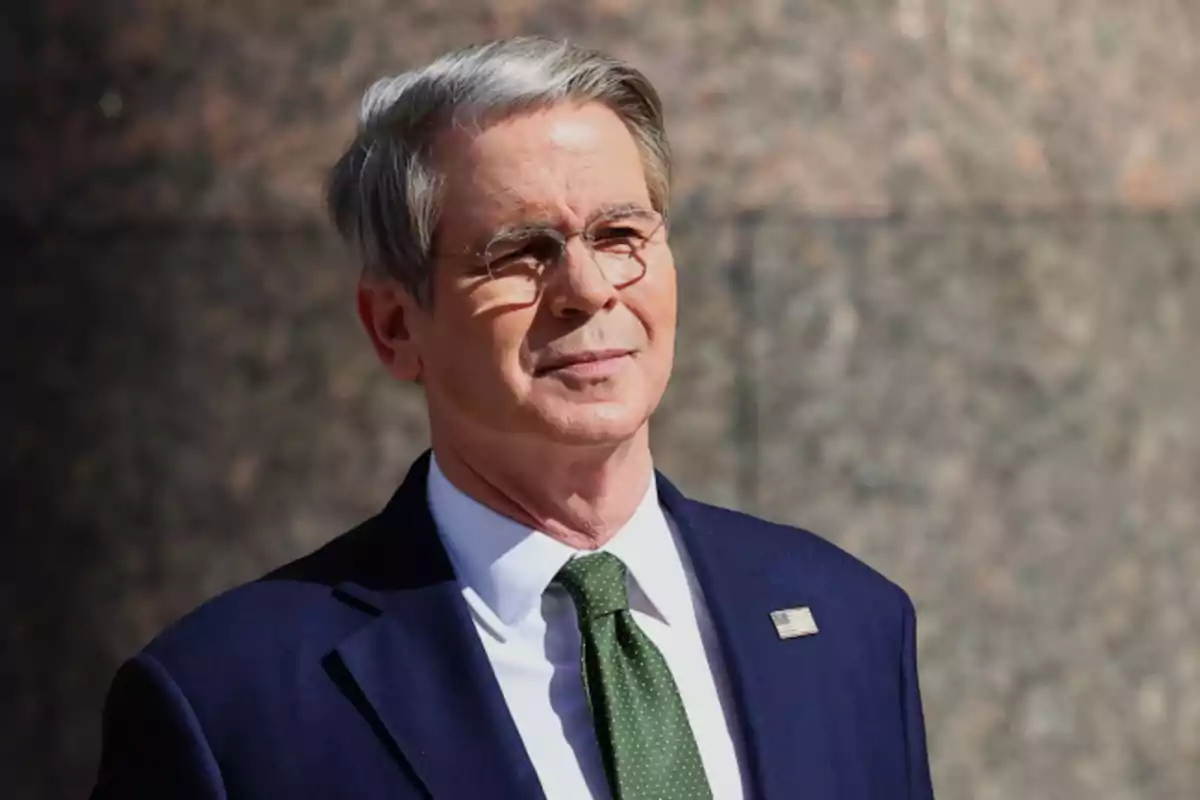
Currently, the United States has imposed tariffs of 145% on Chinese products, while China replied with 125% on American goods. Trump indicated that these tariffs "will drop substantially", although he assured that they will not be completely eliminated.
This shift marks a departure from his initial approach, in which he proposed multibillion-dollar economic sanctions on China as compensation for the COVID-19 pandemic, a disease that claimed more than a million lives in the United States and may have originated in a Wuhan laboratory.
Bessent acknowledged that negotiations with China would be a "grueling process", but insisted that "neither country considers the status quo sustainable."
Although formal talks have not yet begun, Bessent expressed optimism about an eventual agreement. However, he warned that there is currently a kind of mutual trade embargo between both powers.
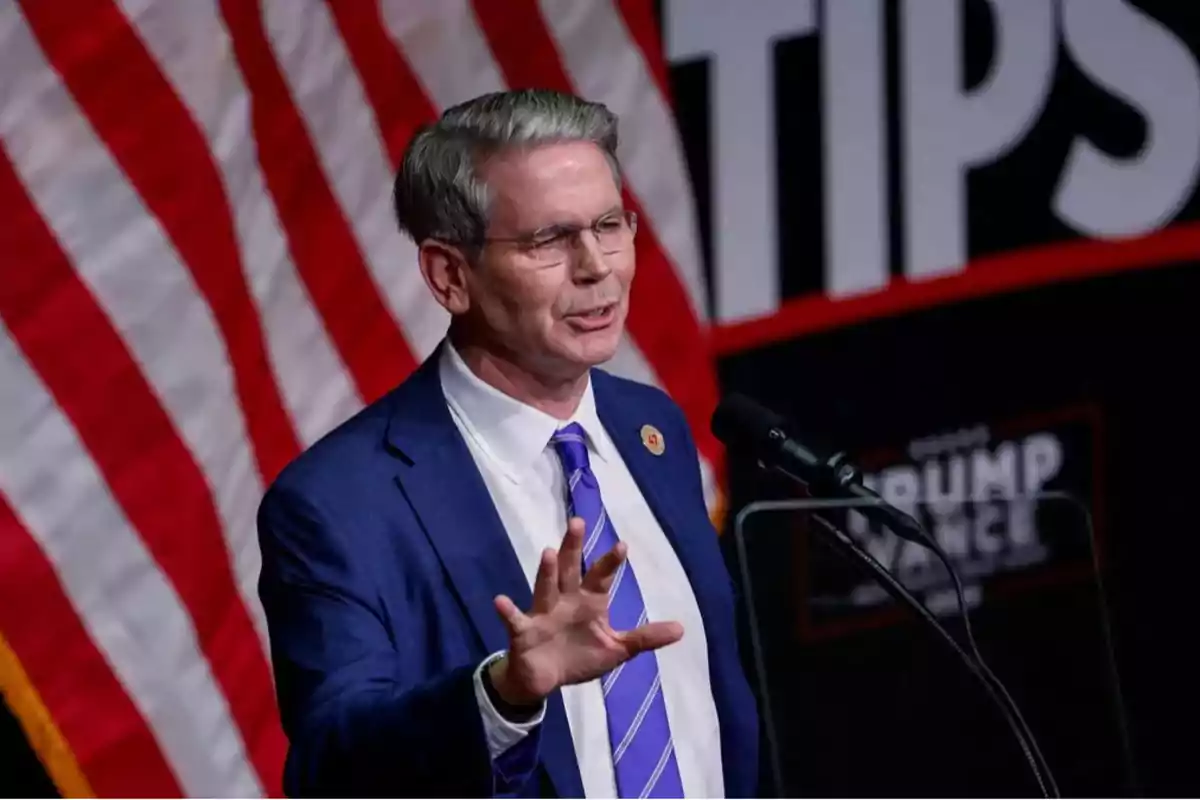
China, meanwhile, issued severe threats to nations attempting to reach bilateral agreements with the United States in exchange for tariff exemptions, calling such actions a direct threat to its interests.
In a statement, the Chinese government said it would take "reciprocal countermeasures" if its interests were undermined. The attitudes shown by China demonstrate Xi Jinping's regime's little willingness to reach a productive agreement for both parties.
On April 9, Trump suspended for 90 days the imposition of new tariffs on all countries except China, with the aim of negotiating individual treaties. However, he has shown no signs of eliminating the base tariff of 10%, and has urged other countries to reduce their own trade barriers.
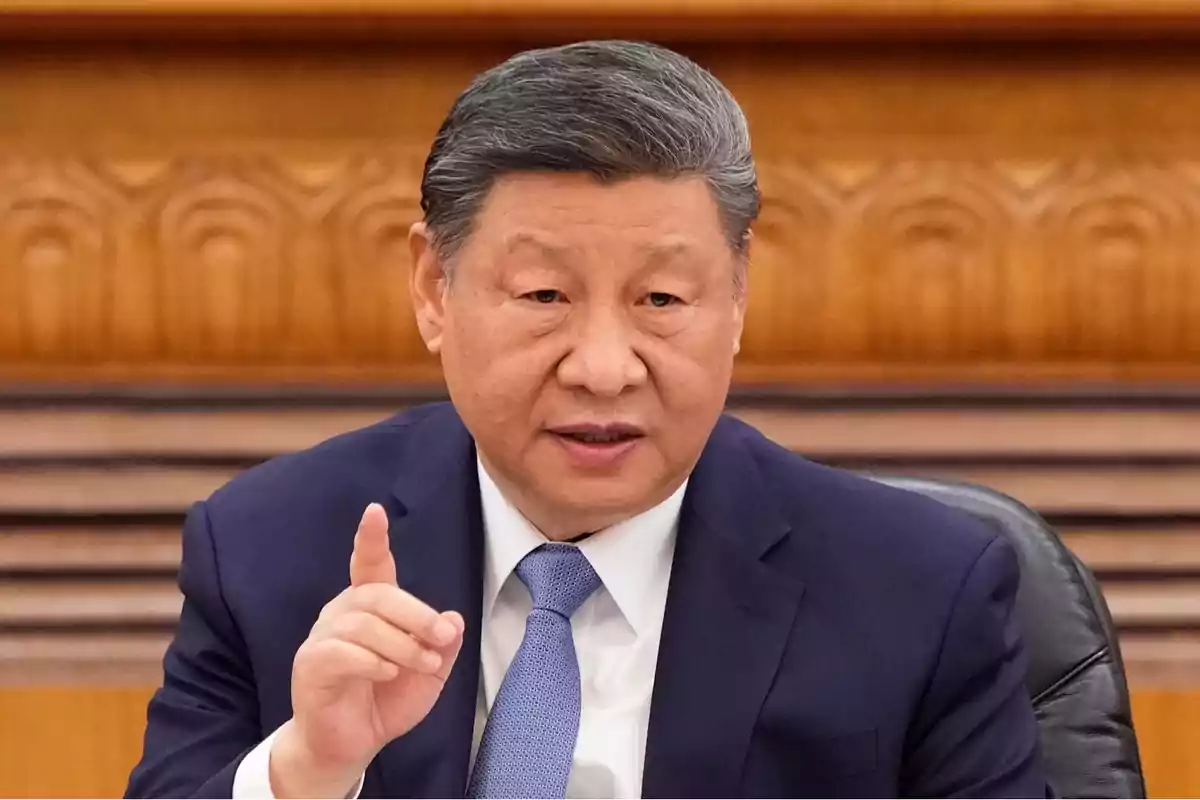
The U.S. president, in turn, suggested that he might fire the head of the agency, Jerome Powell, although he later stated that he had no intention of doing so, but did pressure for interest rates to be lowered.
China has also increased pressure on third countries. According to South Korean media reports, Beijing had warned South Korean companies about reprisals if their products, which contain critical Chinese minerals, were sold to U.S. military contractors.
This measure reinforces China's position against U.S. trade policy and seeks to prevent other countries from cooperating with Washington in business development.
Finally, White House spokeswoman Karoline Leavitt reported that 18 countries have submitted proposals for new trade agreements with the United States, showing global interest in reaching agreements despite the tension with China.
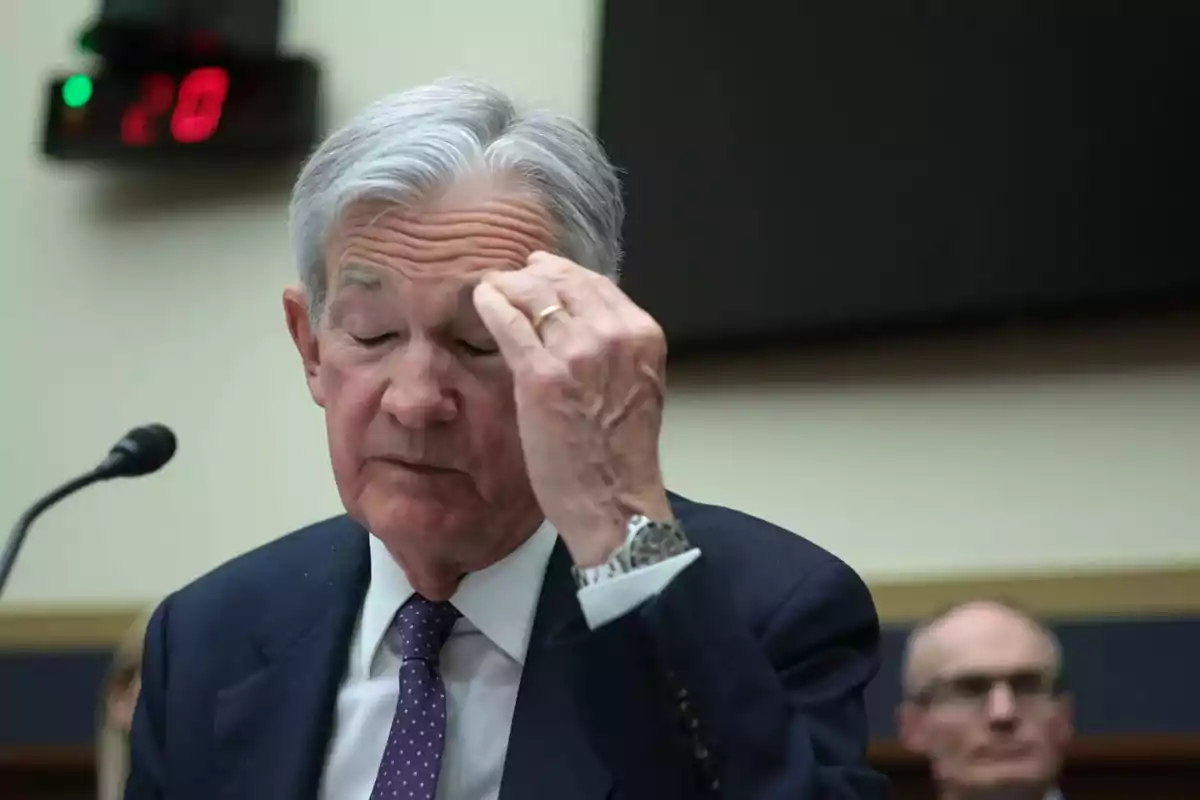
More posts: